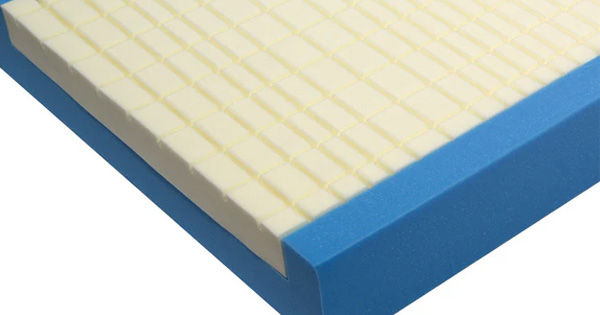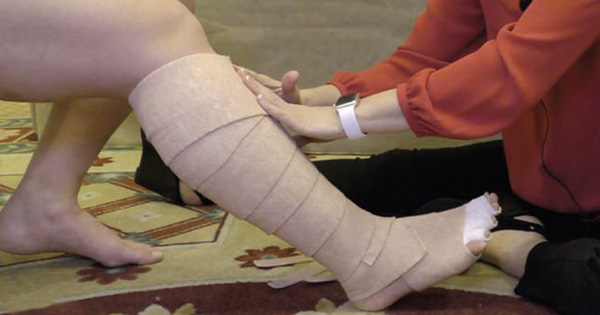This article reports on the results of a pilot study exploring health-related quality of life and the experience of being resilient in patients who develop acute, non-infected surgical wounds. By investigating this under-researched area of wound management, the project team intended to highlight the aspects of patient empowerment in healing post-surgery, encompassing the physical, social and psychological domains. Participants were recruited from patients who had undergone a surgical procedure resulting in an acute non-infected healing wound, and who met the inclusion criteria of the study. Patients were excluded if they had a chronic wound in addition to their acute surgical wound. Valid scores on the physical health (PCS) and mental health (MCS) domains of the SF-12 could only be obtained from six patients pre-operatively. A further six patients completed the SF12 instrument pre-operatively (five valid sets of scores obtained); these patients did not complete the HADS scale. Paired samples t-tests conducted on patients from whom both pre- and postoperative scores were obtained found no significant difference between pre-operative and postoperative PCS scores (p=0.468) or MCS scores (0.806); or between pre-operative and postoperative scores on the anxiety subscale on the HADS scale (p=0.951) or the depression subscale (p=0.951). However, as a pilot study, the study was not powered to detect significant differences. Higher levels of anxiety were revealed in this pilot study than in the wider population. No differences were observed between pre-operative and postoperative scores for physical and mental wellbeing. The findings, while from a small sample set, indicate anxiety is experienced by people living with a wound, and needs to be a consideration in care management plans to enhance adaptation.






